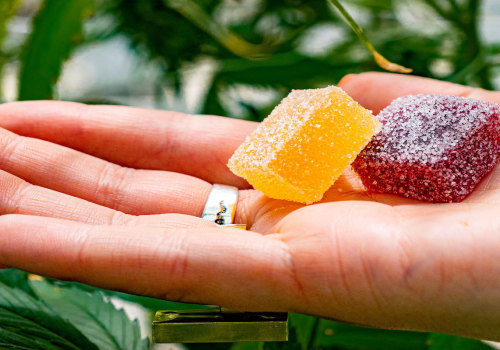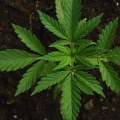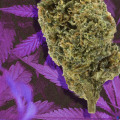Hemp production was banned across the United States in 1937, with the passage of the Marijuana Tax Act. This did not make cannabis illegal, but it made its production much more difficult and it also harmed hemp through a false association. State legislatures have taken steps to establish state-licensed hemp programs and promote hemp as an agricultural product in recent years. A wide range of products, including fibers, textiles, paper, building and insulation materials, cosmetics, animal feed, food and beverages, can use hemp.
While hemp and marijuana products are species of the cannabis plant, hemp is generally distinguished by its lower concentration of tetrahydrocannabinol (THC). State policymakers have considered several political issues: the definition of hemp, the licensing of producers, the regulation and certification of seeds, state commissions and the legal protection of producers. At least 47 states have enacted laws to establish hemp production programs or allow research on the cultivation of hemp. Agriculture and Markets Act, § 505 to 508 (McKinney, 201, OK Stat.
Stat §§ 571,300 to 571,321 (201 Pa. Laws § 2-26-1 to 2-26-9 (201 S, C. Finally, hemp fabric has a silky texture that is more porous than cotton, allowing it to absorb dyes better and is more durable. It explicitly allows the transfer of hemp-derived products across state borders for commercial or other purposes. It is said that Thomas Jefferson, John Adams and George Washington were all enthusiastic hemp growers, and Jefferson patented a hemp thresher.
For decades, federal law did not differentiate hemp from other cannabis plants, all of which were declared illegal in 1937 under the Marijuana Tax Act and were formally declared illegal in 1970 under the Controlled Substances Act. This act established hemp as a Schedule 1 controlled substance along with substances such as heroin and LSD. Second, there will be significant shared state and federal regulatory power over the cultivation and production of hemp. Third, the law outlines actions that are considered violations of federal hemp law (including activities such as growing without a license or producing cannabis with more than 0.3 percent THC). While there are provisions that strongly regulate hemp, and there is concern among law enforcement that cannabis plants used to obtain marijuana are mixed with hemp plants, this legislation makes hemp a dominant crop. Hemp seeds are used to make flour, hemp milk, cooking oil and beer as well as for dietary supplements.
After all, in the five thousand-year history of growing hemp on Earth, the half-century ban doesn't seem very long. First you know that hemp doesn't make you stand up and that the debate about the war on drugs that devastated hemp was politically motivated rather than policy-oriented. The pilot programs allowed to study hemp (often labeled as “industrial hemp”) that were approved by both the United States Nor do they impose restrictions on the sale transportation or possession of hemp-derived products provided that those items are produced in a manner consistent with the law.










